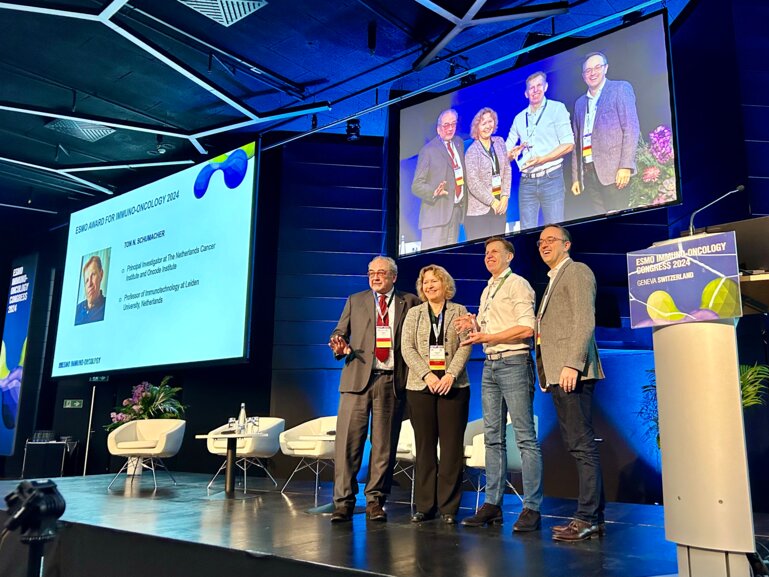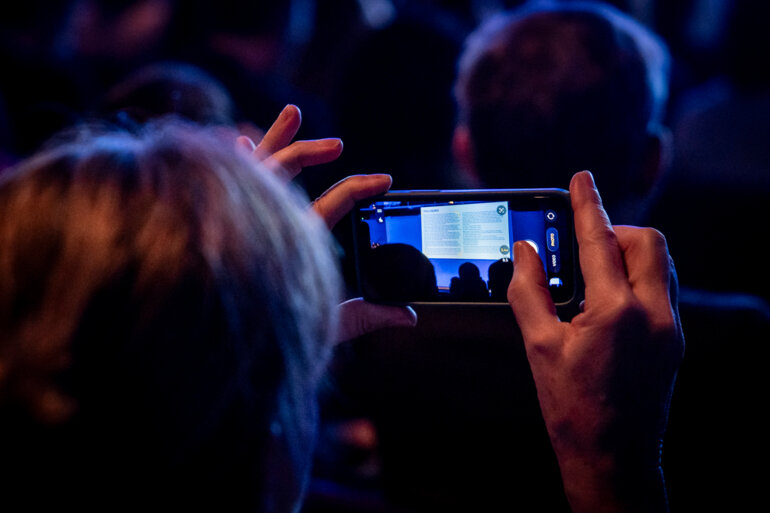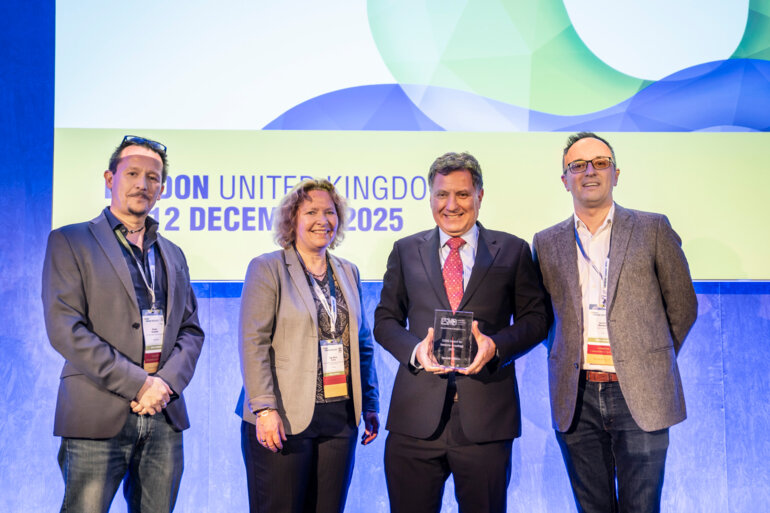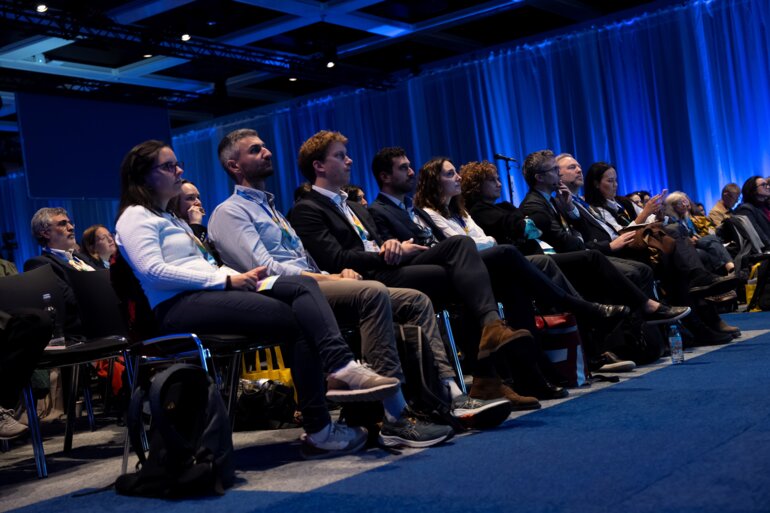According to the 2024 ESMO Immuno-Oncology Awardee, Ton Schumacher, tackling the T-cell receptor challenge with vast datasets and cutting-edge high-throughput methods may pave the way for advances in the field
Prof. Ton Schumacher, from The Netherlands Cancer Institute, Oncode Institute and Leiden University, Netherlands, received the 2024 ESMO Award for Immuno-Oncology during the Opening Session of the ESMO Immuno-Oncology Congress (Geneva, 11–13 December) for his pioneering research into tumour neoantigens and for being one of the masterminds behind the concept of neoadjuvant immunotherapy.
What do you consider to be your greatest achievements in the field?
Over the years, my lab has been involved with engineering different technologies to investigate the antigens that T-cells recognise on cancer cells, particularly the neoantigens that arise from tumour-specific mutations. After initial approval of immune checkpoint inhibitors, it was still unknown which T-cell reactivities are involved in immunotherapy-induced cancer regression. Using exome-guided analysis, we were able to confirm preclinical data and demonstrate that neoantigens play a central role in inducing T-cell stimulation in response to immunotherapy (J Clin Oncol. 2013;31:e439–442; Nat Med. 2015;21:81–85).
This key finding had very practical consequences. It led researchers to consider that, compared with tumours with low numbers of mutations, tumour types with high mutational load may be more likely to display neoantigens and therefore appear foreign to the immune system and be more sensitive to immunotherapy (Science. 2015;348:69–74). In parallel, other groups began to develop approaches to selectively boost T-cell reactivity against neoantigens. I think it is entirely possible that the selective stimulation of neoantigen-specific T-cell responses will become a clinically useful therapeutic approach in the future, one that has the clear advantage of being truly tumour specific. It still fascinates me that the DNA mutations that lead to cancer cell outgrowth can also lead to their vulnerability.
Exploiting the presence of neoantigens, but in a very different manner, was also an important factor when Christian Blank and I first discussed the neoadjuvant setting as a way to develop immune checkpoint inhibition for patients with earlier stage disease. If immunotherapy releases the ‘brake’ on the immune response, then it conceptually makes sense to do this when the ‘gas’ is hit simultaneously. In other words, immune checkpoint inhibition would seem very much preferable prior to surgery, when cancer (neo)antigens are still abundantly present, rather than post-surgery, and this is what we confirmed experimentally (Nat Med. 2018;24:1655–1661). Neoadjuvant immune checkpoint inhibition is now developed widely with, for instance, impressive data by Christian Blank and colleagues in stage III melanoma (N Engl J Med. 2024;391:1696–1708). In addition, neoadjuvant immunotherapy has recently been associated with remarkable response rates in locally advanced mismatch repair-deficient colon cancer (N Engl J Med. 2024;390:1949–1958).
What is the next frontier for tumour antigen research?
Every patient has a distinct pattern of mutations that create unique neoantigens and an individual T-cell response fingerprint. The technology used to dissect what the immune system is recognising in individual tumours, which has been exploited to define the immunological principles of cancer recognition, is not scalable into a diagnostic tool for use in large patient populations. However, I think one of the most exciting opportunities relates to being able to predict what an individual’s T-cells can recognise based on their T-cell receptors (TCRs). The international MATCHMAKERS consortium includes 10 institutions that are working together to generate extremely large, integrated datasets of TCRs and antigen interactions to gain a greater understanding of their diversity. Computer models will be trained on these vast datasets in an attempt to accurately predict antigen recognition by different TCRs. In the future, one could envisage a situation where TCR recognition can be predicted from a routine biopsy or blood sample and this may, for example, be used to design new TCRs for personalised immunotherapies. Greater knowledge of TCR–antigen interactions will also aid our understanding of the origins and treatment of other immune-related diseases, including infectious diseases and autoimmunity.
How do you think the field of cancer immunology can continue to move forward?
I believe that innovation sometimes requires returning to the drawing board, focussing on increasing our understanding of the fundamentals of immunology as part of research that may initially seem far removed from clinical application. A challenge as a researcher is to take that step into the unknown. You may have research questions where you know the route to the answer, you just have to get there. With other types of research, such as the MATCHMAKERS project, you have to embrace uncertainty. The optimal road is not clear and several paths must be tried and evaluated. Gaining funding for this type of work is not easy with traditional grants, but initiatives like Cancer Grand Challenges are extremely useful for financing such research, which may be high risk, but could also be very high reward.
Programme details
Schumacher TN. Dissecting T cell recognition of human cancer. ESMO Immuno-Oncology Congress 2024
Opening Session: Welcome and Award Keynote Address, 11.12.2023, h. 13:30 – 14:05, Room B








